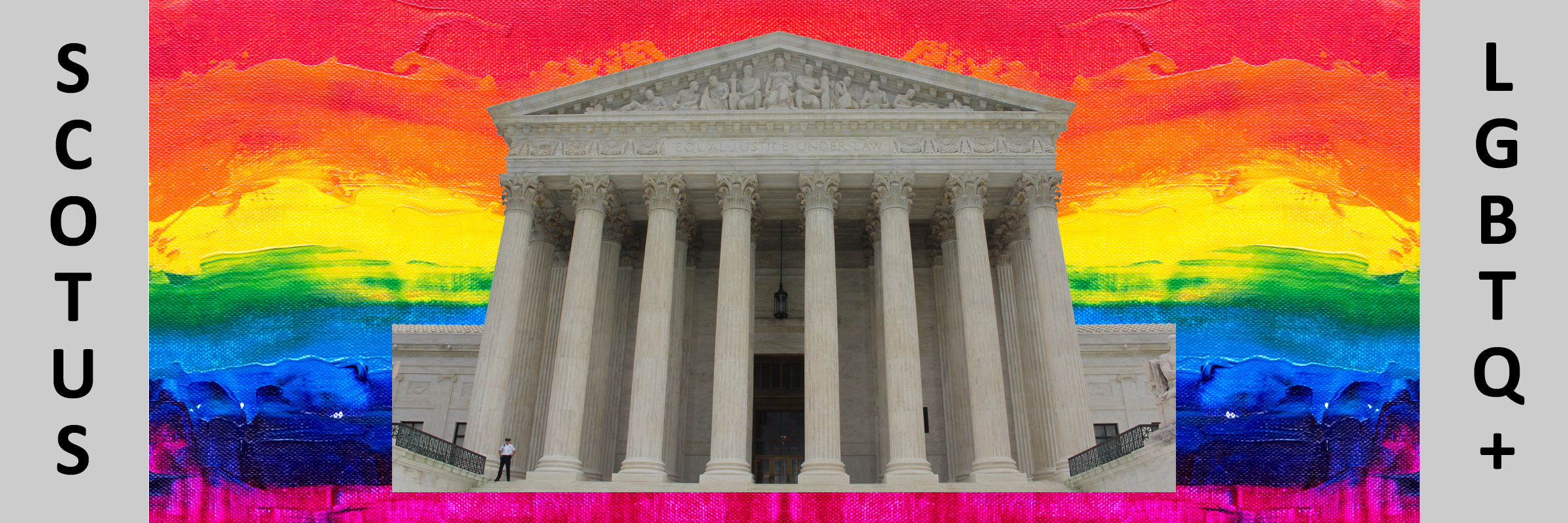
On June 15, 2020, the Supreme Court ruled in Bostock v. Clayton County that gay, lesbian and transgender employees are protected under Title VII in the Civil Rights Act of 1964. Until now, LGBTQ+ employees enjoyed protection from workplace discrimination in fewer than half of the states. Newly appointed Conservative Justice Neil Gorsuch explained that discrimination for “simply being homosexual or transgender is unlawful” because the law already prohibits employment discrimination by employers¹ based on race, color, religion, sex or national origin. The Court’s surprising 6-3 ruling reflected the support of Conservative Chief Justice John Roberts, Justice Gorsuch and all four liberal justices. Conservative Justices Samuel Alito, Clarence Thomas and Brett Kavanaugh penned two dissents in which they argued their peers had interpreted the letter of the law rather than the law’s original intention, and had therefore side-stepped Congress to legislate “current values.”
It is a sobering fact that even the fresh memories of racially driven WWII atrocities were insufficient to compel Congress to pass a Civil Rights Act until 1957. After all, they had been presented with a bill to that effect every year since 1945. In 1960, Civil Rights were expanded slightly. However, on June 11, 1963, after segregationist violence erupted on the University of Alabama campus, President John F. Kennedy addressed the American people on television during which he called on Congress to enact comprehensive civil rights reforms. On June 19, 1963, New York Democratic Representative Emanuel Celler introduced the bill that would become the Civil Rights Act of 1964.
Political folklore insists that shortly before the landmark legislation passed, Representative Howard Smith, an 80-year-old Virginia Democrat and segregationist, waited until the last minute to add “sex” discrimination to Title VII with the intention of sinking the legislation. Smith and his allies expected those who opposed strictly equal rights and responsibilities for women employees to dismiss the bill outright, contrary to progressives who wanted special protections for women. Smith’s strategy would not only continue to paint him as a champion for women’s rights, it would also continue the Old South Democrats’ intractable battle against labor. Smith simply did not imagine that anyone could convince enough northern pro-labor senators to set aside their differences and join with the Progressive Movement in order to push his feigned vote for women’s rights over the line.
That master stroke was orchestrated by the first woman to serve on the House Committee on Ways and Means — Michigan Democratic Representative Martha Griffith. Although she had considered introducing “sex” discrimination into Title VII herself, she allowed Rep. Smith’s ruse to unfold under his name, while she counted his supporters, and consolidated support from other women in Congress, and some men, including a few Republicans. She also convinced President Lyndon B. Johnson that discrimination based on sex was wrong. He signed the legislation on July 2, 1964, and fulfilled his vow to complete the reforms President Kennedy had initiated. Sex was retained as a protected status in the Civil Rights Act of 1964 only in Title VII. There it remained in contention until the current conservative-dominated Supreme Court found itself at the crossroads of history. Faced with a human rights awakening fueled by systemic racism, a pandemic, and a failed presidency, the highest court in the land transcended politics and made the correct decision.
Although two of the three independent plaintiffs did not live to witness the historic ruling, it was applied to all three cases. Their courage and determination have helped address another long-overdue human rights issue. In 2017, 11.3 Americans identified as lesbian, gay or bisexual and about 20% reported that they had suffered discrimination at work. With many more unreported cases likely, this ruling should go a long way towards ending LGBTQ+ discrimination and help build lasting equality and equity in the workplace.
The employee owners of Sun Light & Power support the Supreme Court’s decision. We hope for the day when equal rights under the law become the de facto ruling in every Supreme Court case. We support LGBTQ+ rights and invite you to join us as we safely celebrate Pride Month.
1. Employers are defined in Title VII as those who employ 15 or more persons according the 2017 payroll “accounting method” decision.
Seamas Brennan is Marketing Coordinator at Sun Light & Power